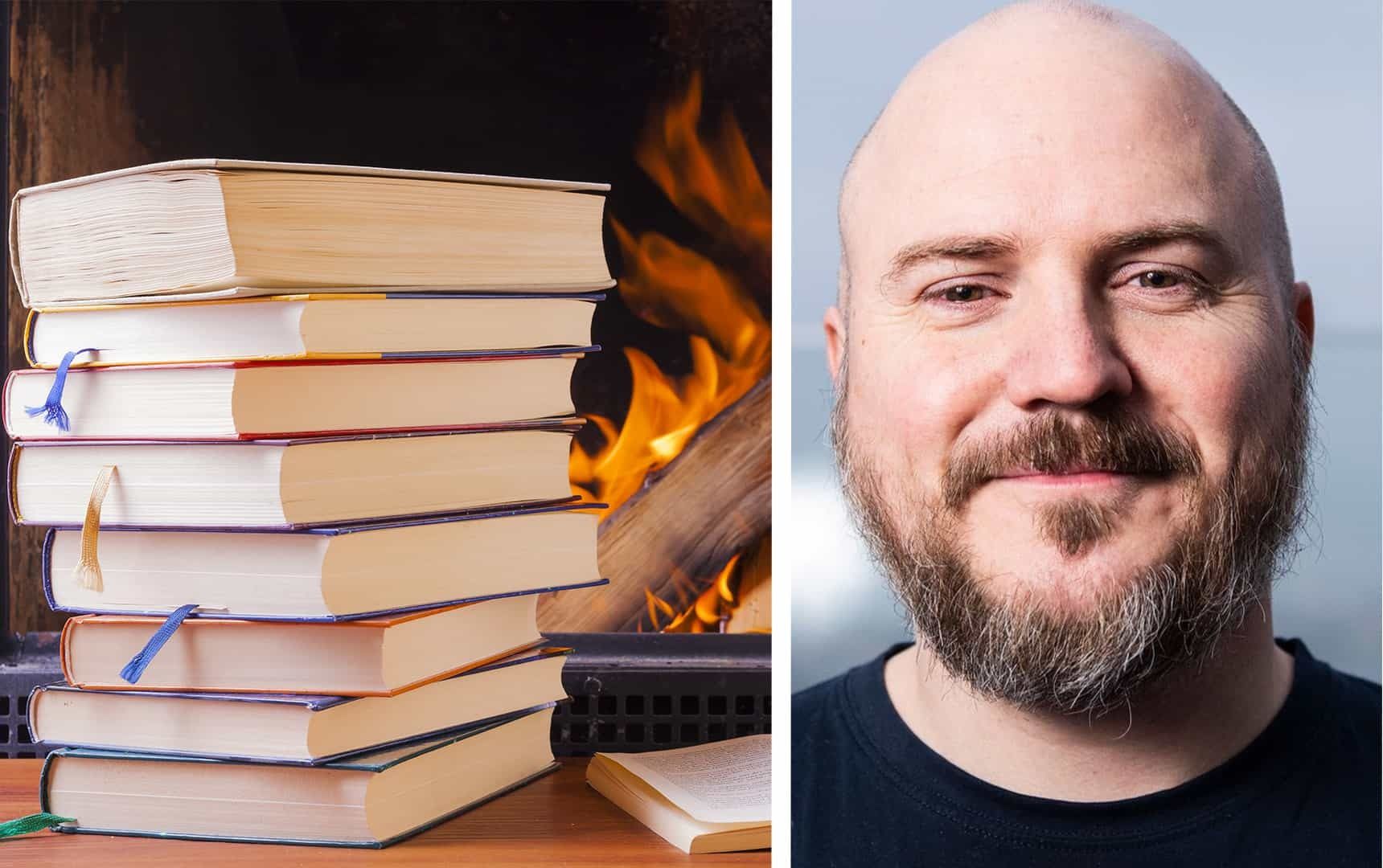
📚 Fact-based optimistic Christmas reading
Five fact-based optimistic books to enjoy during the holidays.
Share this story!
Open: The Story of Human Progress
Warp Institute wants to make the future come sooner. The best way to speed up progress is to have more ideas and be better at spreading them. This has been the case for all of human history.
Johan Norberg shows in this book that this is true. In open societies where you are allowed to think more freely progress and innovation are more rapid. And of course the opposite is true in closed societies.
One such example is China. A thousand years ago they led the world in innovation. Then they closed themselves off from the rest of the world and dropped behind, until they started opening up again just 40 years ago. If they would go all the way to democracy, they could again be number one.
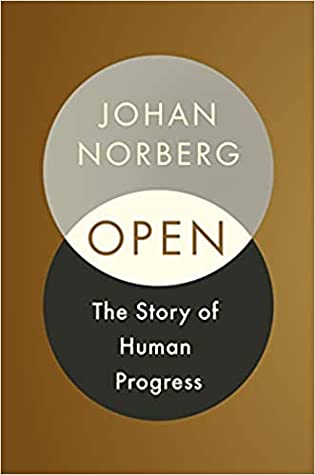
Humankind: A Hopeful History
We all know what happened in the Lord of the Flies. That book reveals our true, nasty, nature.
Or does it?
The real Lord of the Flies has happened. A group of teenage boys was stranded on a deserted island. They didn't turn against each other. Instead they cooperated and cared for one another and after they got rescued, they remained lifelong friends.
Rutger Bregman goes through several famous examples - like the Stanford Prison Experiment and the Milgram experiment - that supposedly revealed our true nature, and shows that they actually did not do that.
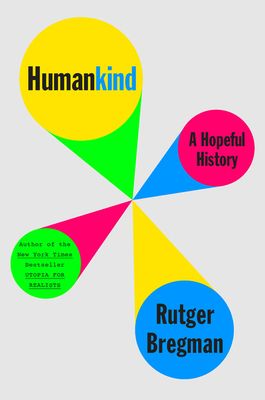
The Case for Space
We are now almost a Type I civilization.
According to Russian astronomer Nikolai Kardashev there are three types of civilization. Type I civilization is one that has achieved full mastery of all the resources of its planet. A Type II civilization had mastered its solar system, and Type III had control of its galaxy's full potential.
Now that we are almost fully a Type I civilization it is time to start thinking of the next step and moving out into the rest of the Solar system. To become Solarians, as I call them.
This is what Robert Zubrin describes in his book. How to go from I to II and then eventually to III.
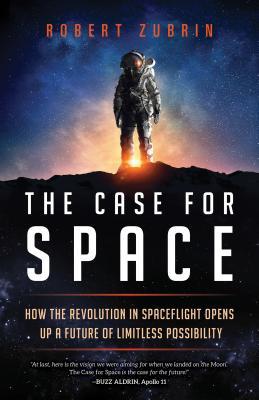
The Breakthrough: Immunotherapy and the Race to Cure Cancer
This book is about the simple idea, but the tough solution, to use the body's own defense against cancer.
It is also the story of persistence and optimism. Almost everyone gave up and thought it couldn't be done, but a few fought on, which led to the breakthrough that might cure cancer.
Several of the people involved compare the first cancer immunotherapy drugs to the discovery of penicillin. It saved millions of lives, and as a scientific breakthrough, it redefined the possible and opened new frontiers.
"Even oncologists, a cautious bunch, are using the C word: cure."
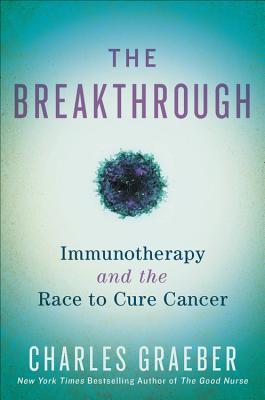
Walt Disney: The Triumph of the American Imagination
What inspires me so much about Walt Disney was his ability to continually move forward, reinvent himself and not be satisfied with the status quo.
First he pioneered short animated cartoons and built a successful business. He risked all that to do the first feature-length animated movie, Snow White. After several successful films, and some not so successful, he again risked everything to build Disneyland. Soon he started building an even greater park in Florida, Walt Disney World, and was planning to build an entire city, EPCOT. Unfortunately he died before he could finish it, and without him as a driving force it turned into a much smaller project.
There are of course several books about Walt Disney. Neal Gabler's is the best one I've read.
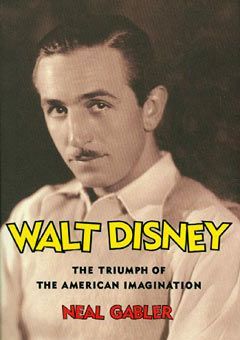
By becoming a premium supporter, you help in the creation and sharing of fact-based optimistic news all over the world.


